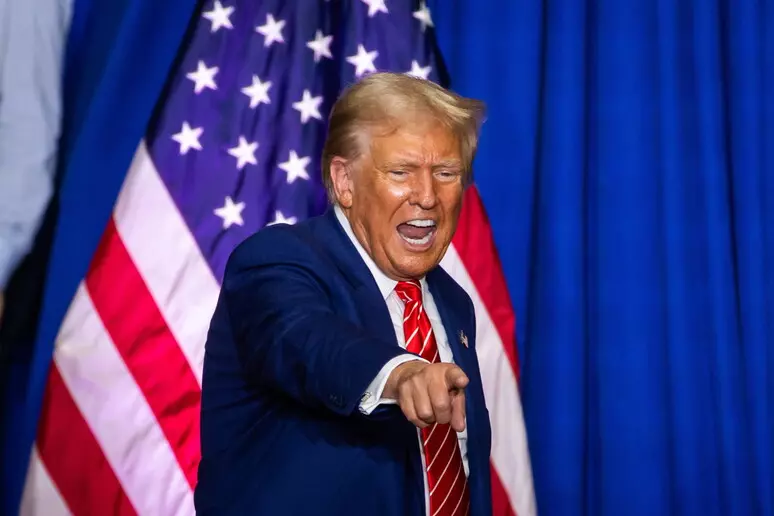On Tuesday President Trump signed an executive order requiring the Commerce Department to open an investigation into the impact of importing critical minerals on national security. The government’s goal is to impose additional duties on such items.
As stated in the order, “The dependence of the United States on imports and the vulnerability of our supply chains raises the potential for risks to national security, defense readiness, price stability, and economic prosperity and resilience.”
Critical minerals and rare earth elements are a specific group of materials that are deposited only in relatively small quantities and can be used in various industries, including electronics, health care and in batteries. The new duties would be issued under Section 232 of the Trade Expansion Act of 1962, which allows the president to impose tariffs to protect the safety of the country, a law that the government is already using to place additional tariffs on imports of pharmaceuticals and semiconductors. The goal of Trump and his administration is to strengthen domestic production. However, in the case of critical minerals, since they are still natural elements, it could be quite complex for the U.S. to increase their homemade production.
The United States currently mines and processes small amounts of lithium, has only one nickel mine but no smelter, and has no cobalt mines or refineries. Last month, the president signed an order invoking the war powers under the Defense Production Act to expand U.S. domestic mineral production.
Potential tariffs on critical minerals would also represent a new chapter in the economic dispute between the U.S. and China, a leader in this particular sector. According to insiders, to date, the United States is overly dependent on Beijing for what concerns imports of mineral resources. According to the White House, if Trump were to impose tariffs on a nation’s critical minerals, the rate in question would replace the reciprocal tariffs promoted by the president earlier this month.
The order also includes a review of the country’s ability to produce so-called semi-finished goods, including battery cathodes and wind turbines.
In early April, China, in response to tariffs, imposed export restrictions on rare earths, a move that further exacerbated Trump officials’ supply concerns. The restrictions promoted by Beijing were seen as the latest demonstration of the country’s ability to base its dominance on the extraction and processing of critical minerals.











